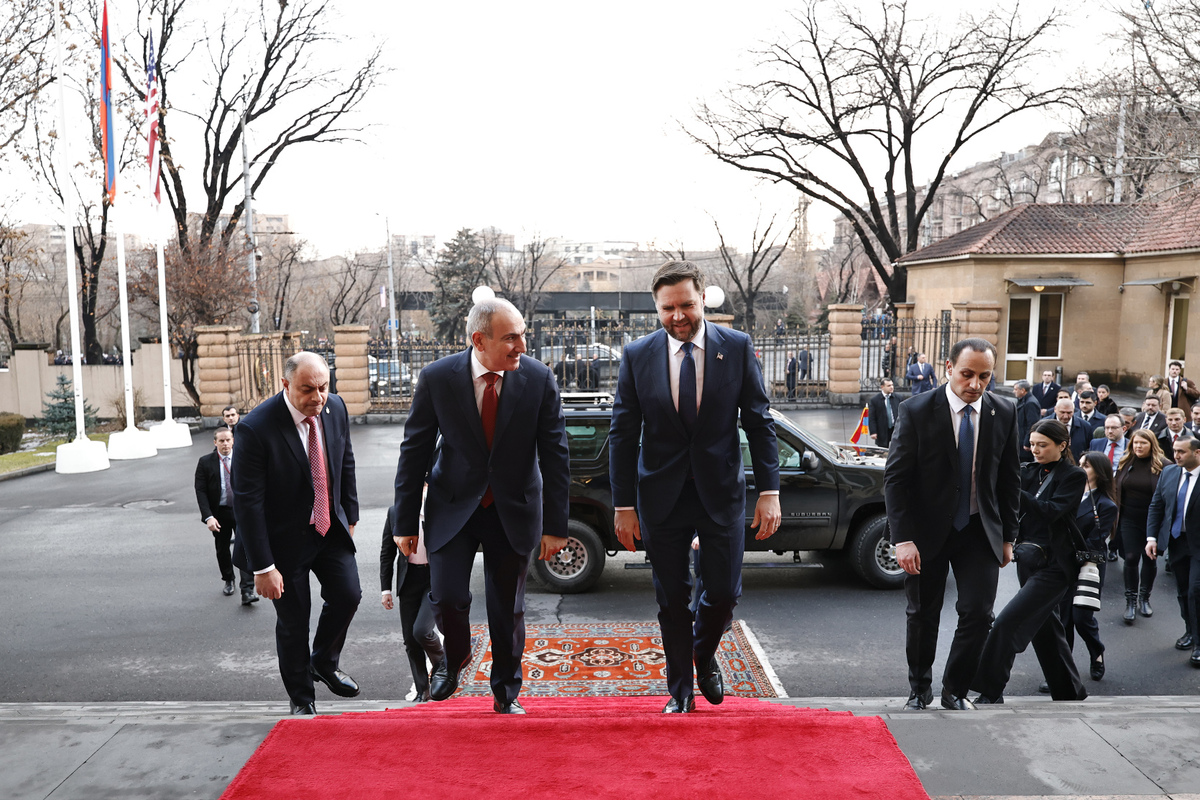Georgia’s economy after Merkel’s visit: what agreements were signed in Tbilisi?
Two new agreements were signed with Georgia as part of German Chancellor Angela Merkel’s visit last week.
Under these agreements, Georgia will receive a loan to the amount of 193 million euros meant for the construction of an underground gas storage facility near Tbilisi, as well as improvements to the Adjara region’s water supply system.
_________________
Underground gas storage facility
The German development bank KfW allocated a loan of 150 million euros to the Oil and Gas Corporation of Georgia for an underground gas storage facility project.
The facility is slated to be built on the site of the Samgori South Dome, a depleted oil field 30 kilometres outside of Tbilisi. The underground facility will play an important role in the country’s energy independence. The aim of the project is for Georgia to better facilitate the flow of natural gas from the Azerbaijani Shah Deniz pipeline: in summer, when gas consumption is low, gas from Azerbaijan will be stored at the facility to be used at the peak of consumption in wintertime. The facility will also allow the state to supply gas to consumers without hindrance in the event of an emergency which might otherwise affect gas delivery.
Construction work on the facility will begin in 2019, and is expected to be completed by 2020.
The project was proposed by the state-owned Partnership Fund in October 2014. Since then, the Georgian authorities have been trying to make loan agreements with many international investors to finance the project.
A total of 250 million euros will be needed for the project. The Georgian Oil and Gas Corporation plans to borrow the remaining 100 million from the European Bank for Reconstruction and Development (EBRD). Negotiations are underway.
43 million for Adjara’s water supply
Germany allocated 40 million euros towards a water supply, drainage and sewage system programme in the villages of Adjara in the form of a ‘preferential financial resource’ loan, as well as three million euros in the form of a grant.
These funds will be spent on the renewal and upgrading of water supply and sewage systems in the towns of Khulo, Keda, Shuakhevi and Khelvachauri, including towns of the Kobuleti municipality.
Once completed, the project should provide an improved water supply to a population of 215 thousand people in the region.
This is the first project to be implemented with financial support from Germany in Adjara.
The agreement on cooperation between Deutsche Bahn and Georgian Railways
One important result that came from Georgia’s economic cooperation with Germany is the agreement signed with Deutsche Bahn, one of the world’s leading railway companies.
Under the agreement, Georgian Railways and Deutsche Bahn have become strategic partners and will work on joint projects in the cargo sector.
As part of the agreement, Georgian Railways will be responsible for organising freight traffic on route to the Middle East and India from the Romanian port city of Constanta, crossing Georgia and Azerbaijan, and also towards East Asia through the Caspian Sea.
Deutsche Bahn, in turn, takes responsibility for car and rail freight from Constanta through the EU. Transportation will be carried out by a subsidiary of Deutsche Bahn – DB Schenker.
According to Merkel, Germany sees the possibility of strengthening its business ties with Georgia. She particularly emphasised high prospects for exports from Georgia’s agricultural sector to the EU. The chancellor’s delegation included representatives of large German companies such as Knauf Gips KG; Ernst Klett AG; Deutsche Bahn AG; Caisley International GmbH; GP Günter Papenburg AG; Cronimet Holding AG / Cronimet Mining AG and Giesecke & Devrient.
The delegation was brought up to speed on the existing investment environment in Georgia. The Georgian authorities hope that these meetings will bring concrete results and companies from Germany will be interested in investing in Georgia.
The possibility of legal employment in Germany
At a meeting with students of Tbilisi State University, Merkel said that Germany is working on a bill that will give citizens of Georgia the opportunity to be legally employed in Germany. According to Merkel, a quota will be established for the citizens of both Georgia and the Balkan countries and they will legally work in Germany in select professions.
“We are drafting a bill of specialists in the region. For certain professions, where there is a large deficit on the German market, we will create these quotas within the framework of the Association Agreement, including for Georgia and the Balkan countries. We will create legal and legally sound ways, including through professional schools, so that these schools are strengthened. In addition, there will be support for learning the German language,” Merkel said.




















